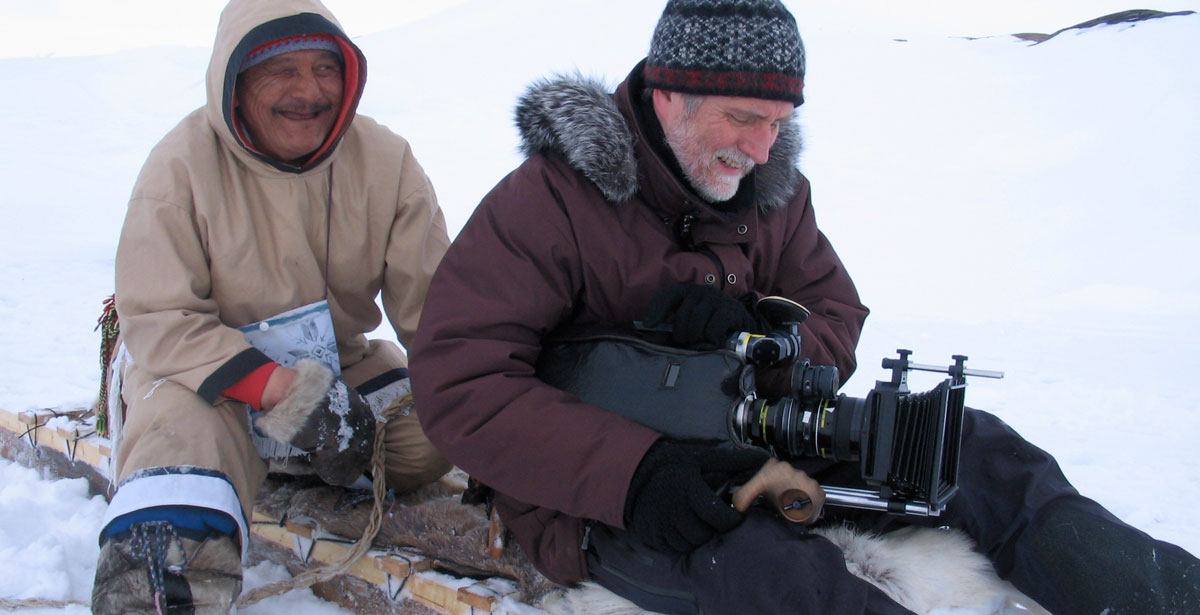2040
(Australia, 92 min.)
Dir. Damon Gameau
The future is now in Damon Gameau’s inventive environmental documentary 2040. The film uses today to make sense of tomorrow as Gameau wonders what the future holds for his four-year-old daughter Velvet. 2040 has all the staples of a typical environmental documentary—talking heads, snazzy graphics, and alarm bells whistling—but it also has something more. In place of the usual dire forecasts that doom-and-gloom eco docs burden open audiences, 2040 offers some new: hope. Gameau’s quest as a filmmaker is inseparable from his mission as father as he learns about the ills facing the planet and imagines the future that might transpire if the talking heads’ advice becomes reality. Through flights of the imagination and a cornucopia of cheesy dad jokes that will inevitably embarrass Velvet for years to come, 2040 looks to the future and inspires audiences to do the same.
Gameau takes a cue from the Super Size Me and Michael Moore schools of filmmaking by putting himself at the centre of his inquiry. He addresses the camera throughout and enjoys an active presence during the interviews. He also isn’t afraid to use his own shortcomings or efforts on the environmentalist front to illustrate how one person can inspire incremental change.
2040, like Gameau’s exploration of additive sweetness in That Sugar (2014), evokes a style of filmmaking colloquially known as “docutainment.” 2040 is fun and breezy. It’s full of jokes and gimmicks one doesn’t usually see in traditional or more aesthetically conservative documentaries. He also relaxes the interviews and speaks to experts in Adirondack chairs or on park benches in handsomely shot scenes that get people out of the offices and into parks and public spaces. Some even float as miniatures on objects in scenes, looking like Drake atop the CN Tower on his Views cover, as Gameau towers above them. (Perhaps the film’s most ludicrous misstep.) The set-up, while self-consciously idiosyncratic in its attempt to speak to the cool kids, evokes the need to revolutionize one’s way of thinking.
Gameau’s approach confronts the tired approach of talking heads filmmaking, which is to documentary what fossil fuels are to the environment. 2040 illustrates that one needs to create a new dynamic and a new language to convey one’s message effectively. One either goes along for this kind of ride or one doesn’t, but it’s hard not to lend Gameau the benefit of the doubt when he clearly links the personal and collective in his search for a better future.
2040 also carves out some unique new space in documentary form that might let one forgive Gameau’s quirks. The film creates a mode of speculative documentary as Gameau openly hybridizes his presentation with a mix of talking heads filmmaking and futuristic dramatic interludes. Gameau segments the film in a few chapters, each of which confronts an environmental concern (ex: fossil fuels, transportation, factory farming) and garners insight from experts about innovations that offer solutions. After each madcap exploration of the present-day situation, Gameau flashes forward to the year 2040 to envision how Velvet and her friends might thrive in these circumstances. In addition to a world with automated cars, active microgrids, new diets, and stronger opportunities for girls and women, Violet (played by Eva Lazzaro) and company enjoy advances in technology like hovering rocket boots, which facilitate travel, and floating cameras, which eliminate the need for selfie sticks.
The effect is admittedly as annoying as it is insightful, but the optimism of Gameau’s approach is undeniably refreshing. The fire-and-brimstone, fist-shaking style of angry environmental filmmaking has its limitations. Audiences, especially nowadays, need messages of hope. Gameau’s infectious idealism knows that a positive emotion is likelier to inspire change than a negative one. The offbeat and quirky style of 2040 endears a viewer to its urgent message. It invites one to change one’s way of thinking and join Gameau in imagining a healthier tomorrow.
2040 debuts on digital on June 5.












